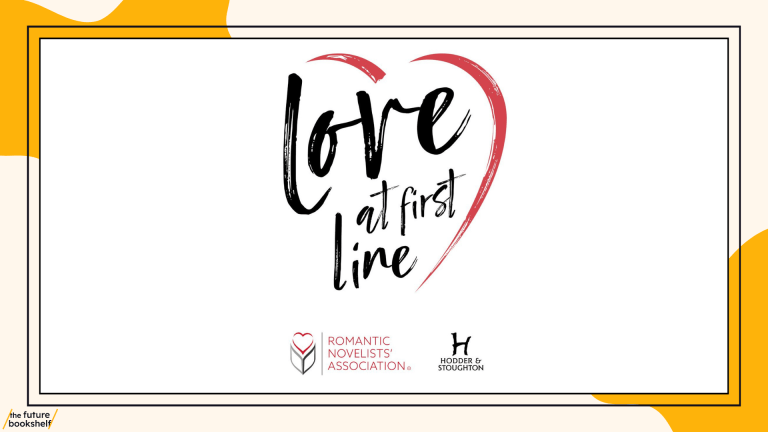‘Plot is all about discovery’

Plot is all about discovery.
What am I reading a novel to discover? What is promised in the first chapters that will keep me reading through the next 250-odd pages, and how is the plot compelling enough to keep the reader invested in what happens? Even in a novel with the lightest of plots, there has to be character development, perhaps something tightening up or unravelling; a sense that we’re headed somewhere and that we’re going to relish the journey.
Plot has become a more sought-after asset to agents and publishers as we’re all encouraged to find that magic ‘hook’, that quick pitch, that note of intrigue that makes your novel stand out from the rest. As bookclub fiction leads the market, what is it about plot that we are looking for? Well, I suppose it’s an opening that grabs us, maybe even by stealth (unless writing genre fiction such as horror or crime, when a more dramatic death might be called for!) and a hint of what’s to come. Beyond those first pages and events, where are we heading? Who is experiencing these events, and why?
One of the toughest parts of writing – and editing – a novel, is the dreaded middle of the book, because that’s where the pace and interest can start to sag; a well-formed plot is essential to keep us engaged.
If one of my authors is struggling with shaping their plot, I recommend that they write down the 10 main events in their novel as bullet points, and develop a fuller synopsis from there. Those 10 bullet points are really the bones of your plot, and will show you more starkly what your story is being hooked on and woven around, providing a touchstone as you write. Are those 10 events of varying tension and pace? Do they build to a climax, or is there a twist or three? We read to unearth both events and emotions (the characters’ and our own!), perhaps to get to the truth, the authentic heart of the story, and to savour the effects of all these on the people involved. Writing this 10-point skeleton before you embark on your book – or doing it as an exercise if you become stuck – can help to keep you moving along as the writer, too, steer you back on course and keep your plot taut.
Some writers begin their novels with no idea where they’re going to end up, and others religiously plan every detail of the plot: working with all variety of approaches from my authors, I can reassure you that, as with all writing advice, there is no one, right way to go about it. However, I can see the benefits for those who plot even the roughest of outlines before writing, because they know where they’re headed, that they have enough to prop up the story they want to tell, and that their characters have signposts to move between. Plots needn’t be rigid but should be flexible beasts, bending to the will of the story that takes shape as it’s written. It doesn’t matter if you head down a slightly different path to the one that was planned: if it feels right then go with it, making sure not to lose sight of where you’d like to end up. Try a few different routes, if you want. Chances are that if you feel lost or bored, the reader will too.
Once your first full draft is written, look at your plot as objectively as you can: take a breather from your book, then go back and read it through in full, keeping an eye on where there are inconsistencies or the energy drops: can you tighten the plot to fix the problem?
Plot can be slippery and difficult to wrestle, but once you have it nailed you can build something truly extraordinary around it. Good luck!
[bio]
Juliet Pickering represents a list of both fiction and non-fiction authors, at Blake Friedmann Agency. Her tastes cover literary to commercial fiction, and everything in-between; the non-fiction writing spans memoir, gender issues, cookery and humour. You can read more about her tastes at http://blakefriedmann.co.uk/juliet-pickering/ or find her on Twitter @julietpickering





